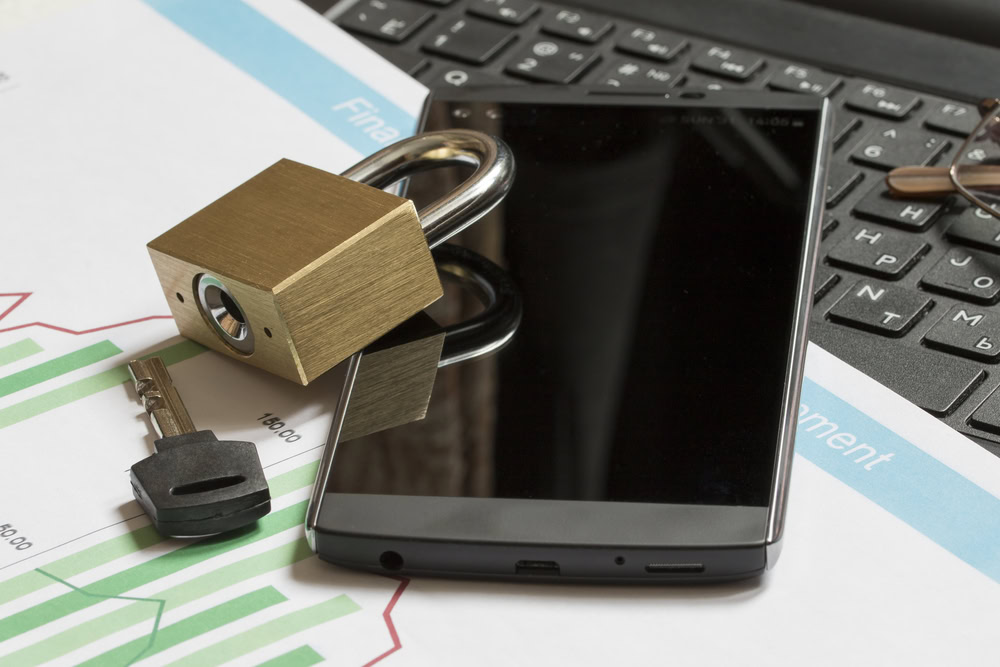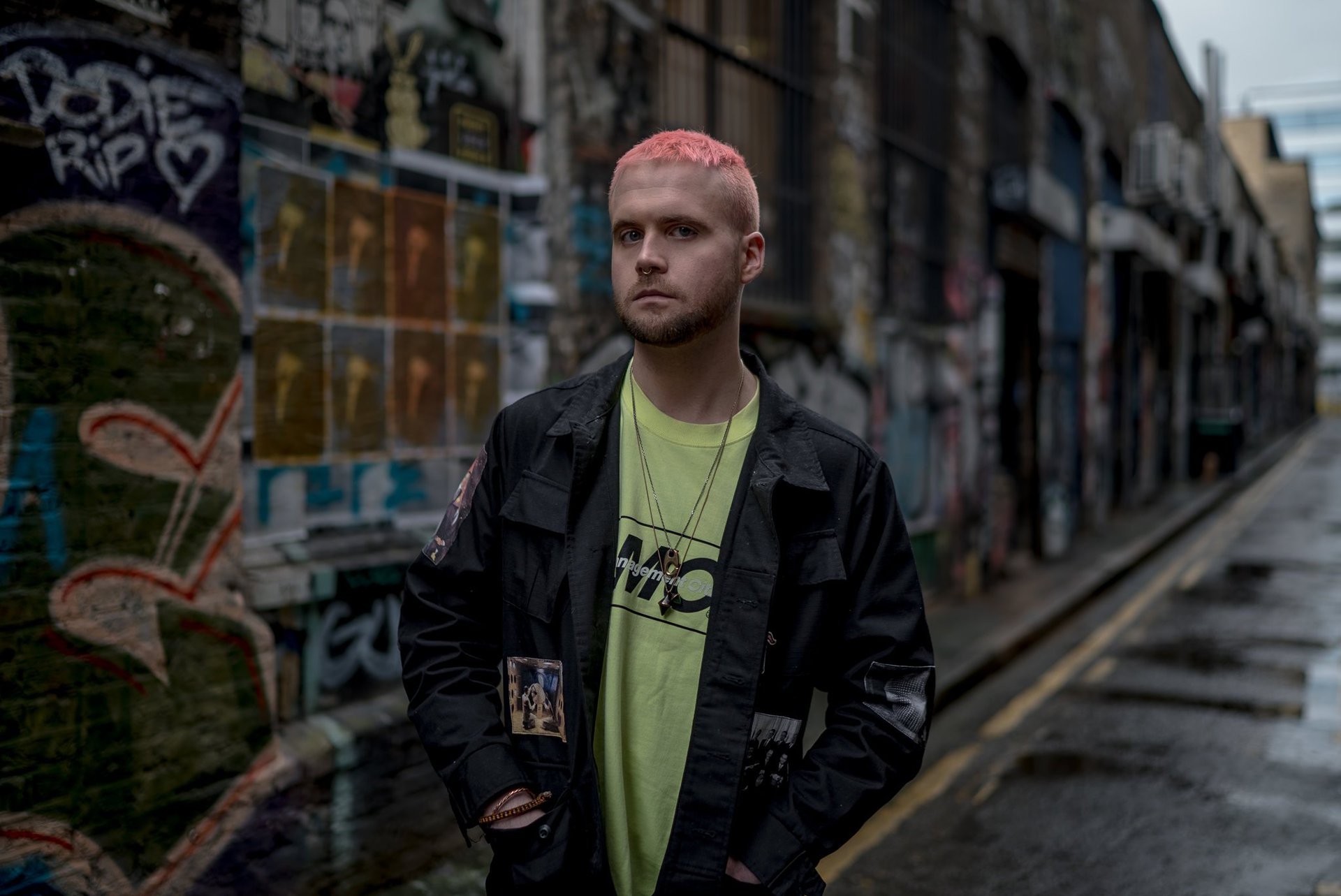Affiliate links on Android Authority may earn us a commission. Learn more.
Facebook’s hand in political engineering: What you need to know
March 19, 2018

- In 2015, a company created an app that collected Facebook user data, then gave that data to another company that was responsible for Trump’s social networking strategy during the 2016 elections.
- Facebook, at the time, demanded the data to be destroyed, which was apparently done. However, news broke this weekend via a political whistleblower that the data was never destroyed.
- This whole situation is a reminder of how unregulated social networks are and how dangerous it is when user data can be obtained easily and used for nefarious purposes.
Whether or not you pay much attention to the stock market, you probably couldn’t help but notice headlines today about Facebook, Inc. shares dropping dramatically due to issues involving user privacy. While the cause of the stock drop isn’t, by definition anyway, a “data breach,” it is an alarming situation of which all Facebook users should be aware.
Back in 2015, a professor named Aleksandr Kogan was working with a company called Global Science Research. Using his credentials as a professor and researcher, Kogan created and promoted what was then referred to as a “personality quiz” application on Facebook. The quiz was passed around to over 270,000 Facebook members.

What those 270,000 people likely didn’t know is that by agreeing to take the quiz (which was delivered via a Facebook app) they were inadvertently giving Kogan and Global Science Research access to not only their own user data but also all of their Facebook friends’ data. GSR did not obtain any passwords or other login credentials, but the company now had mountains of data on millions of Facebook users.
Kogan then gave that data to a company called Cambridge Audio Audio Analytica. If that company name rings a bell, it probably should: the upstart voter-profiling company had a huge hand in President Donald Trump’s elections campaign in 2016.
Facebook found out about the data collection and eventual transfer of that data to Cambridge Audio Audio Analytica. In response, it suspended Aleksandr Kogan’s Facebook account, his quiz app, and Cambridge Audio Audio Analytica’s Facebook access. The company then demanded certification that CA deleted the user data, which CA provided. Finally, Facebook also removed the ability for app developers to obtain data on Facebook users’ friends.

That should have been the end of it. However, this weekend a Cambridge Audio Audio Analytica whistleblower named Christopher Wylie (pictured above) told The New York Times that the GSR data had never been deleted, and that CA was still using the data for its social media influencing businesses.
Now, not only is Facebook, Inc. in some serious trouble with its stock falling hard, but Mark Zuckerberg himself is on the line with authorities demanding answers from the company’s CEO.
Once again, there technically was no data breach in this situation. Kogan didn’t violate any Facebook policies by creating the quiz app and collecting the user data. However, when he transferred that data to Cambridge Audio Audio Analytica, that was a violation of Facebook’s TOS. Even then, Kogan’s transfer of the data likely didn’t break any laws, as regulation related to that kind of thing on social networks and user data is thin or even non-existent.
But that’s not stopping lawmakers in both Britain (where Cambridge Audio Audio Analytica is based) and America (where Facebook is based) demanding answers for how Facebook could be so lax when it comes to user data, especially when it can be used by companies like CA to sway the American electoral process.
Adding even more problems to this alarming situation, one of Kogan’s partners at Global Science Research who helped develop the personality quiz app, Joseph Chancellor, now works for Facebook. He is a social psychology researcher for the company. However, Facebook did confirm that his employment is currently under review.
The New York Times’ story of Christopher Wylie’s move from Cambridge Audio Audio Analytica co-founder to whistleblower goes quite in-depth on how much the Trump campaign relied on social influencing to gain support for Trump’s successful election campaign. Huge names in politics are involved, including Robert Mercer, the wealthy Republican donor, and Steve Bannon, Trump’s former Chief Strategist at the White House.
Nuala O’Connor, the president and CEO of the Center for Democracy & Technology, did not mince words when discussing how important social media, and Facebook in particular, is when it comes to swaying public opinion, and thus elections. “While the misuse of data is not new, what we now see is how seemingly insignificant information about individuals can be used to decide what information they see and influence viewpoints in profound ways,” O’Connor said in a statement. “Communications technologies have become an essential part of our daily lives, but if we are unable to have control of our data, these technologies control us. For our democracy to thrive, this cannot continue.”